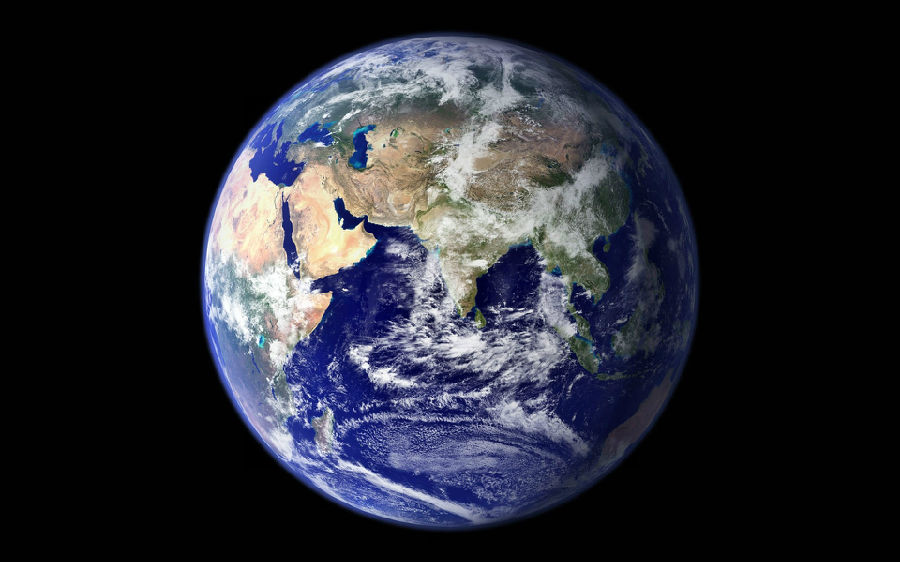For all his achievements, however, Halley's greatest contribution to human knowledge may simply have been to take part in a modest scientific wager with two other worthies of his day: Robert Hooke, who is perhaps best remembered now as the first person to describe a cell, and the great and stately Sir Christopher Wren, who was actually an astronomer first and architect second, though that is not often generally remembered now.
然而,尽管他取得了这么多的成就,但他对人类知识的最大贡献也许只在于他参加了一次科学上的打赌。赌注不大,对方是那个时代的另外两位杰出人物。一位是罗伯特·胡克,人们现在记得最清楚的兴许是他描述了细胞;另一位是伟大而又威严的克里斯托弗·雷恩爵士,他起先其实是一位天文学家,后来还当过建筑师,虽然这一点人们现在往往不大记得。

In 1683, Halley, Hooke, and Wren were dining in London when the conversation turned to the motions of celestial objects. It was known that planets were inclined to orbit in a particular kind of oval known as an ellipse—"a very specific and precise curve," to quote Richard Feynman—but it wasn't understood why. Wren generously offered a prize worth forty shillings (equivalent to a couple of weeks' pay) to whichever of the men could provide a solution.
1683年,哈雷、胡克和雷恩在伦敦吃饭,突然间谈话内容转向天体运动。据认为,行星往往倾向于以一种特殊的卵行线即以椭圆形在轨道上运行--用理查德·费曼的话来说,"一条特殊而精确的曲线"--但不知道什么原因。雷恩慷慨地提出,要是他们中间谁能找到个答案,他愿意发给他价值40先令(相当于两个星期的工资)的奖品。
Hooke, who was well known for taking credit for ideas that weren't necessarily his own, claimed that he had solved the problem already but declined now to share it on the interesting and inventive grounds that it would rob others of the satisfaction of discovering the answer for themselves. He would instead "conceal it for some time, that others might know how to value it." If he thought any more on the matter, he left no evidence of it. Halley, however, became consumed with finding the answer, to the point that the following year he traveled to Cambridge and boldly called upon the university's Lucasian Professor of Mathematics, Isaac Newton, in the hope that he could help.
胡克以好大喜功闻名,尽管有的见解不一定是他自己的。他声称他已经解决这个问题,但现在不愿意告诉大家,他的理由有趣而巧妙,说是这么做会使别人失去自己找出答案的机会。因此,他要"把答案保密一段时间,别人因此会知道怎么珍视它"。没有迹象表明,他后来有没有再想过这件事。可是,哈雷着了迷,一定要找到这个答案,还于次年前往剑桥大学,冒昧拜访该大学的数学教授艾萨克·牛顿,希望得到他的帮助。












